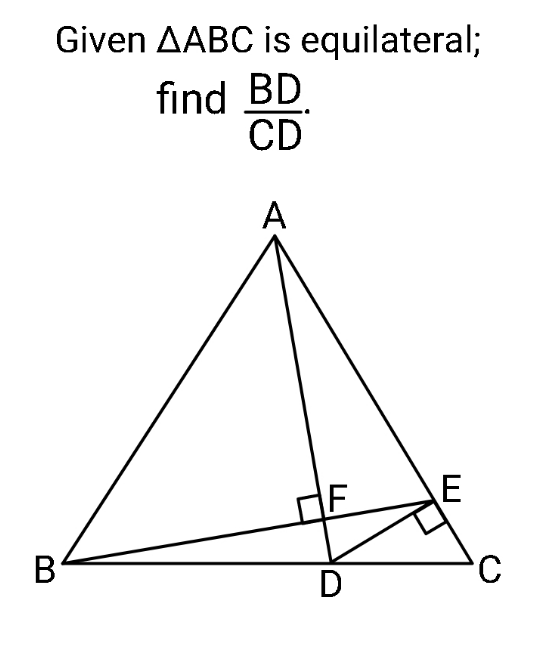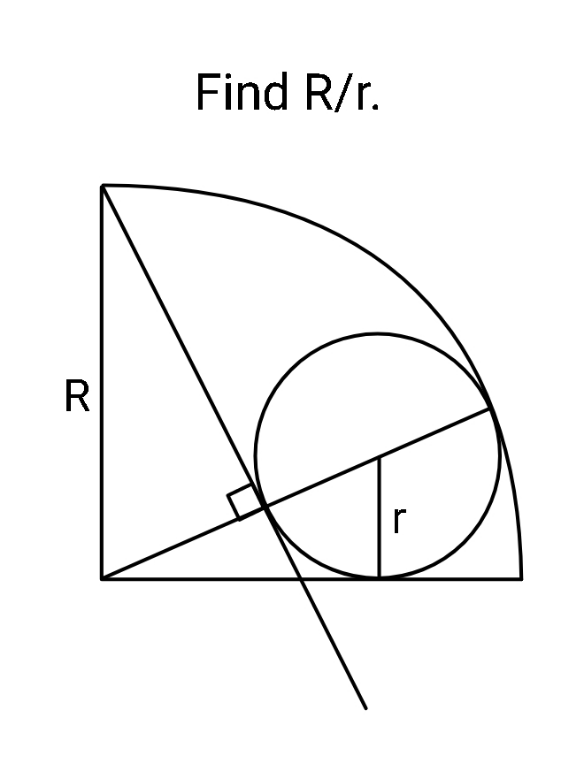
Question and Answers Forum
AllQuestion and Answers: Page 474












Pg 469 Pg 470 Pg 471 Pg 472 Pg 473 Pg 474 Pg 475 Pg 476 Pg 477 Pg 478
|
Question and Answers Forum |
AllQuestion and Answers: Page 474 |

|
| lim_(n→∞) Σ_(k=n) ^(2n) sin (π/k)=? |
| Σ_(n=0) ^∞ (1/((3n)!)) =^? (1/3) [e + ((2cos((3/( 2(√3)))))/( (√e)))] |
| Calculate If , 𝛗= ∫_0 ^( 1) (( tanh^( −1) ( x^( 3) ))/x) dx = α.ζ( 2) then , α = ? ■ M.N −−−−−−− |
| log _((2x−1)) (x+1) > log _((4−2x)) (x+1) x=? |

|
| sec^2 1°+sec^2 2°+sec^2 3°+...+sec^2 89°=? |
| T = ∫ ((sin (x^2 +2))/(2x+4)) dx=? |

|
| 4+x+2x=8+2(3+x)−3 Find x |

|

|

|
| ((√7)/(8sin (π/7)sin ((2π)/7)sin ((3π)/7))) =? |
| calculate Ω = Σ_(n=0) ^∞ (1/((3n)!)) = ? |

|
| u_(n+1) = (√(2+u_n )) show that u_(n+1) −u_n and u_n −u_(n−1) have same sign |
| From the standard equation of a circle, using the origin (0,0), we deduced the eqution (x−a)^2 +(y−b)^2 =r^2 to x^2 +y^2 =r^2 . In what terms do we use this formular? |

|

|

|
| If f(x)=x+x^3 +x^5 +...+x^n and lim_(x→1) ((f^2 (x)−f^2 (1))/(x−1)) = 2^(10) then n = ? |
| ((18)/({x}))−((19)/x) ≤ ((20)/(x−1)) |

|

|
| (2/(log_(10) (6)))=(π^x /7) How much the x is? |
Pg 469 Pg 470 Pg 471 Pg 472 Pg 473 Pg 474 Pg 475 Pg 476 Pg 477 Pg 478 |